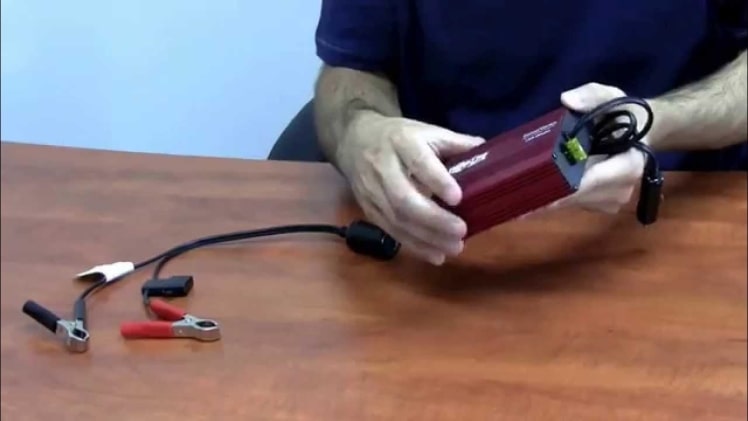If you are one of the many people who suffer from sleep apnea, you know that using a CPAP machine is essential to getting a good night’s rest. But what happens when there is a power outage, and your CPAP machine loses its power? You can either panic, or you can have a backup plan – like a CPAP battery! Here are some tips on how to best incorporate a CPAP battery into your lifestyle.
Understand How A CPAP Battery Works And The Different Types Available.
A CPAP, or Continuous Positive Airway Pressure, the machine is commonly used to treat sleep apnea. The machine provides a steady stream of air pressure to keep the airways open during sleep. Some CPAP machines can be plugged into an electrical outlet, but others require a battery backup in case of power outages. If you are using a battery-powered CPAP machine, it is important to understand how the battery works and the different types available.
One type of CPAP battery is a sealed lead-acid battery. These batteries are typically used for cars and other vehicles. They are durable and have a long lifespan, but they are also heavy and can be difficult to transport. Lithium-ion batteries are another option for CPAP machines. These batteries are lighter-weight and more compact, making them easier to travel with. However, they typically need to be replaced more frequently than lead-acid batteries. Gel cell batteries are the third option for CPAP machines. They are similar to lead-acid batteries in terms of durability and lifespan, but they are less likely to leak if damaged.
No matter which type of battery you use for your CPAP machine, it is important to keep it properly charged. When not in use, store the battery in a cool, dry place. Be sure to check the manufacturer’s instructions for specific charging and storage procedures.
Determine Which Type Of Battery Is Best For You
Now that you understand the different types of CPAP batteries available, it’s time to decide which one is best for your lifestyle. Consider factors such as portability, weight, and cost when making your decision.
If you travel frequently or need to move your CPAP machine around often, a lithium-ion battery may be the best choice. However, if you are mainly using your CPAP at home and do not require portability, a sealed lead-acid or gel cell battery may be more cost-effective and durable in the long run.
Investing in a CPAP battery can help ensure that you get the restful sleep you need, no matter what. With the right battery and some careful planning, you can make sure that you are always ready for a power sccbuzz outage.
Compare Prices And Find The Best Deal On A CPAP Battery.
Once you have decided which type of CPAP battery is right for your lifestyle, it’s time to start shopping. Start by comparing prices from different retailers to find the best deal. Be sure to read customer reviews and check the return policy before making your purchase.
Learn How To Properly Use And Care For Your CPAP Battery
Once you have your CPAP battery, it is important to learn how to properly use and care for it. Read the instructions carefully and make sure you understand how to charge store, and use the battery. Check for any recalls or safety warnings from the manufacturer as well.
Enjoy The Benefits Of Using A CPAP Battery.
Now that you have the right battery for your CPAP machine, you can enjoy the benefits of having a backup power source without having to worry about running out of power during the night. With a CPAP battery, you can rest assured that your sleep apnea therapy will continue uninterrupted even if the power goes out. Enjoy the peace of mind that comes with having a reliable and safe source of backup power for your CPAP machine!



